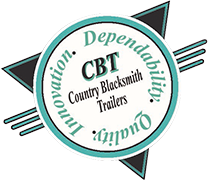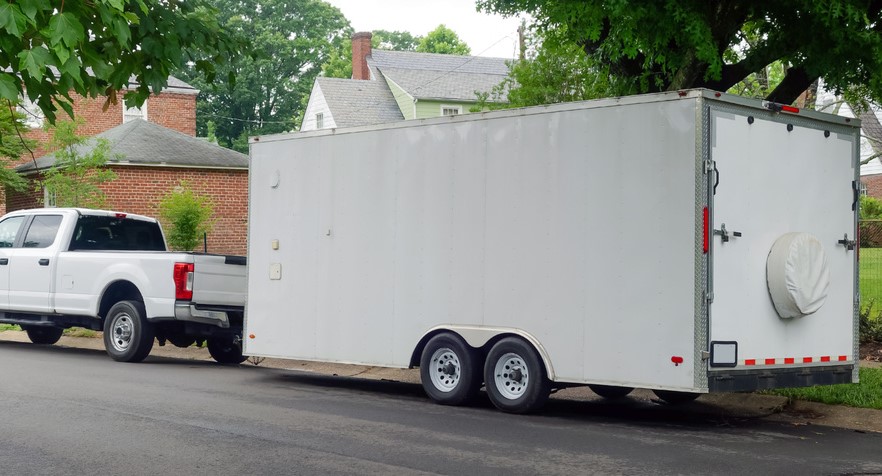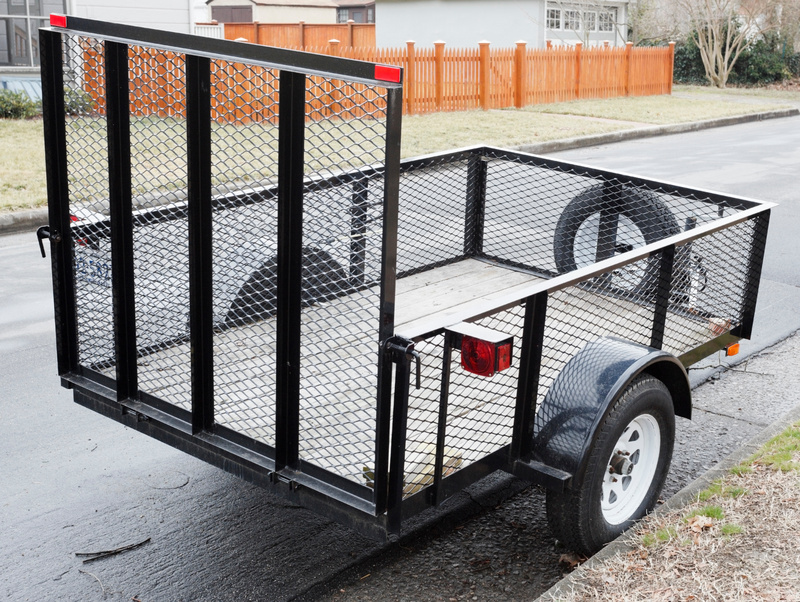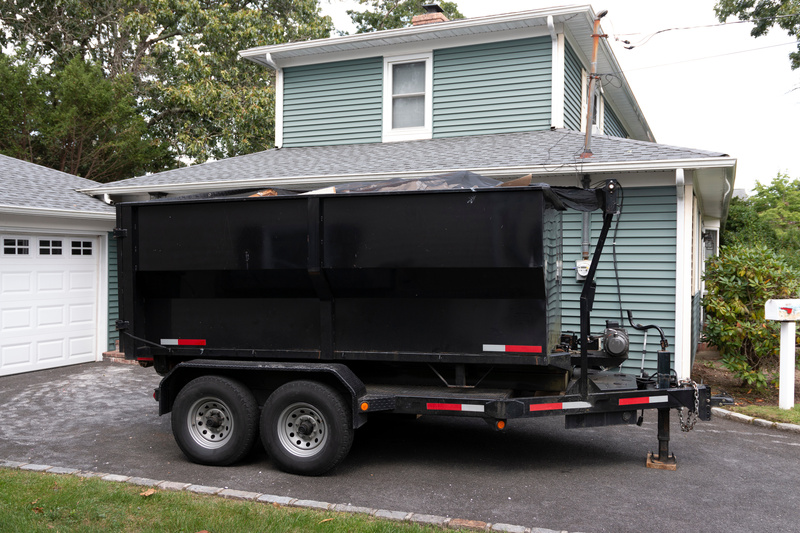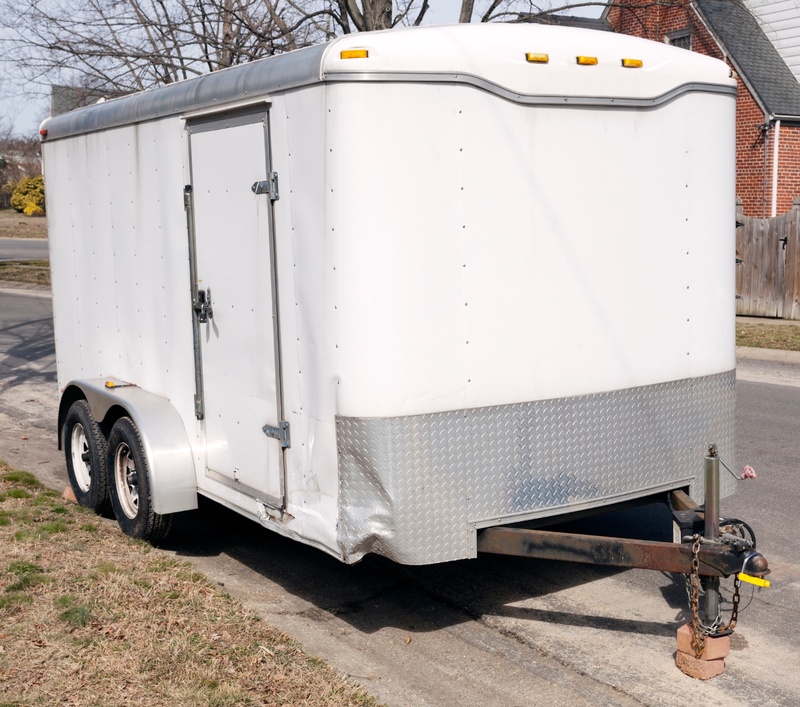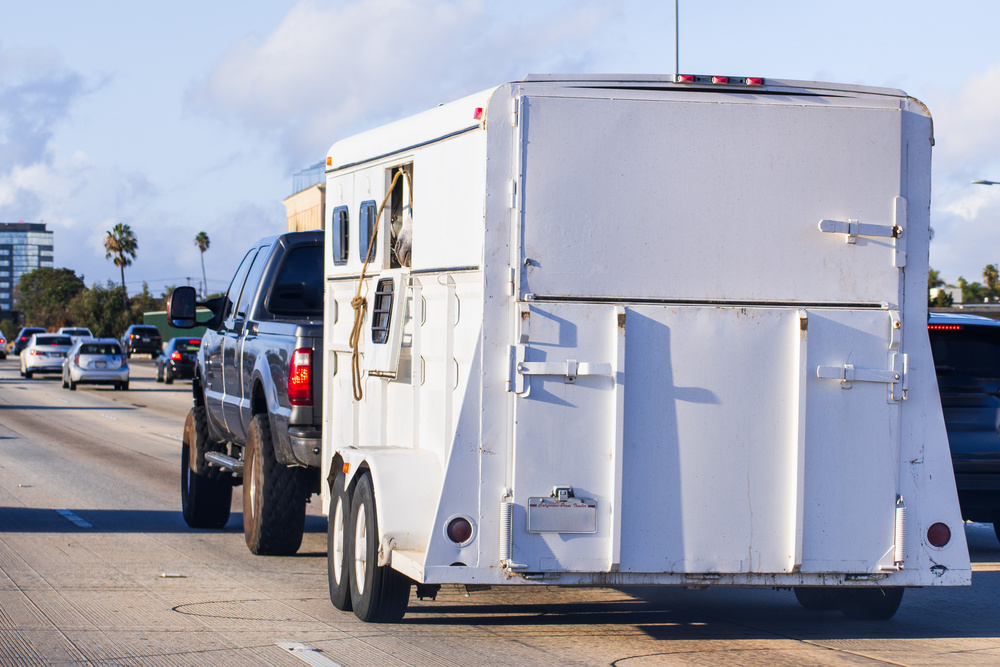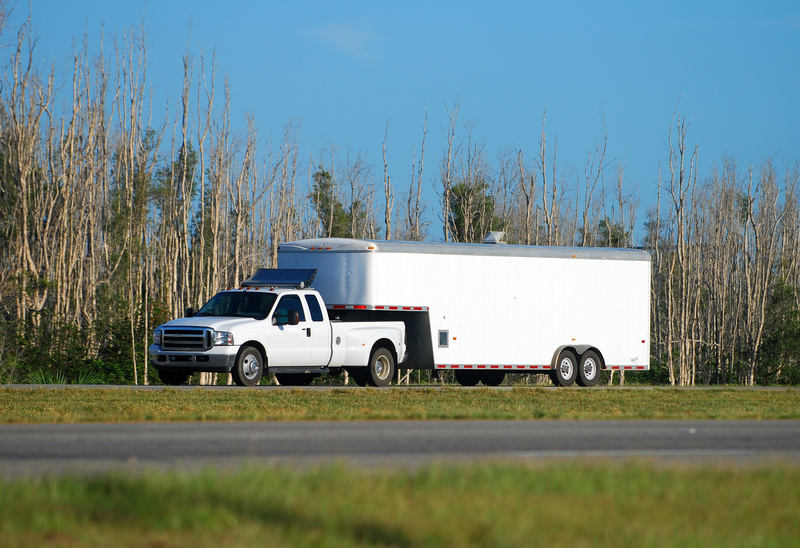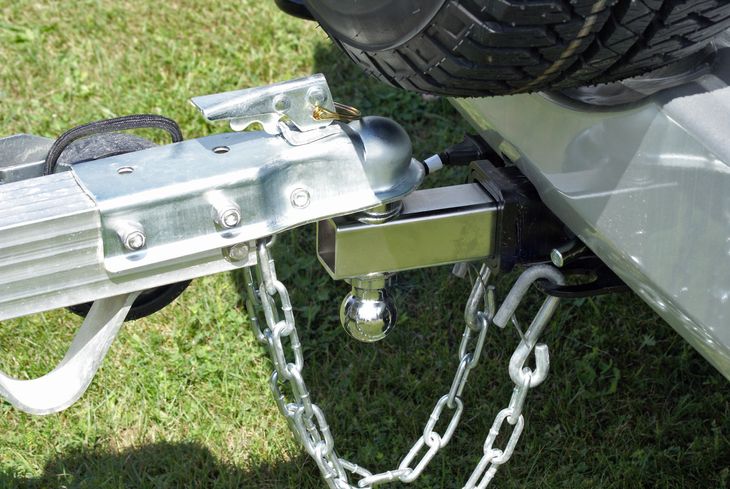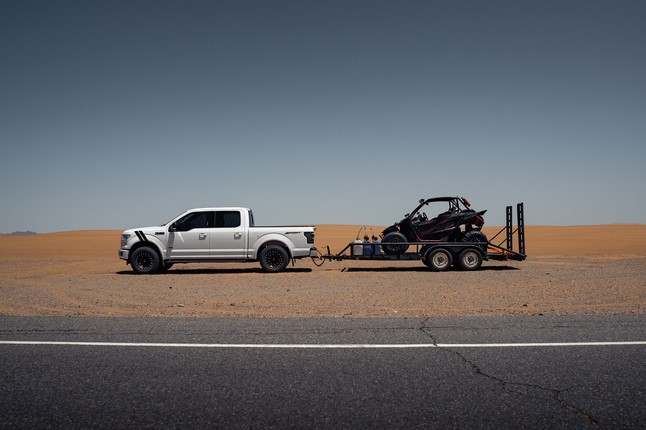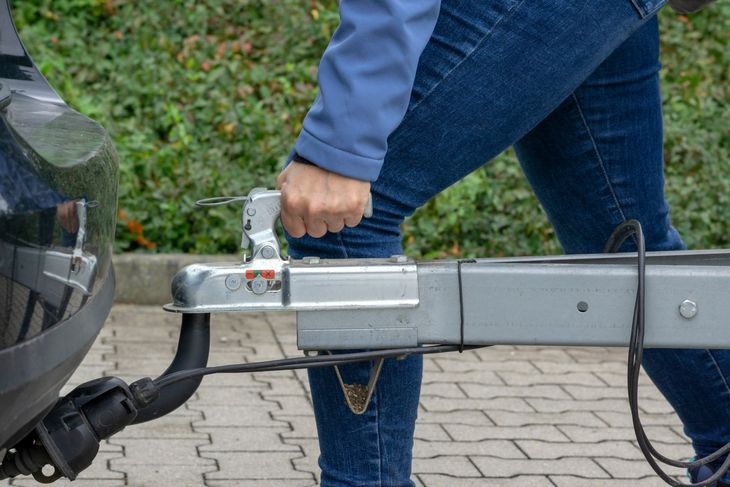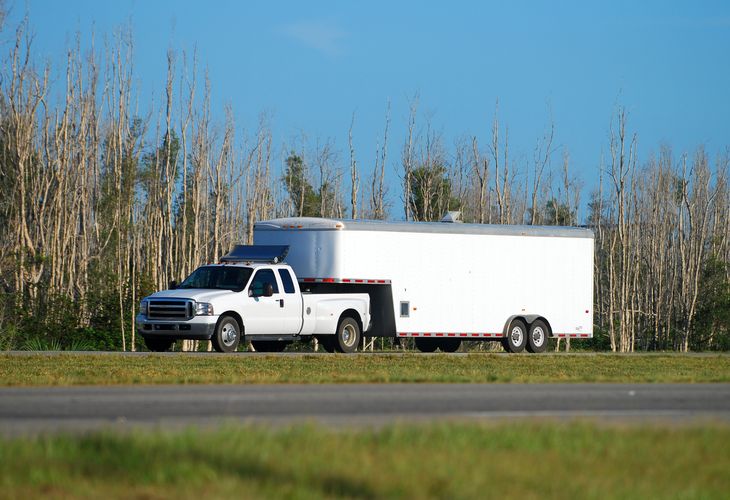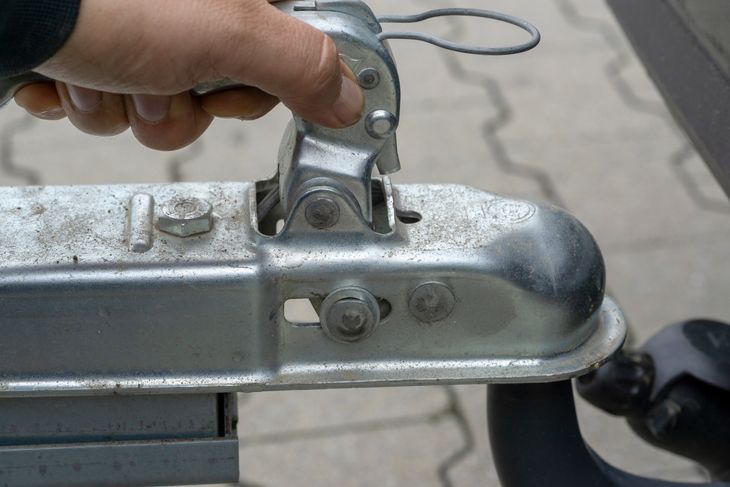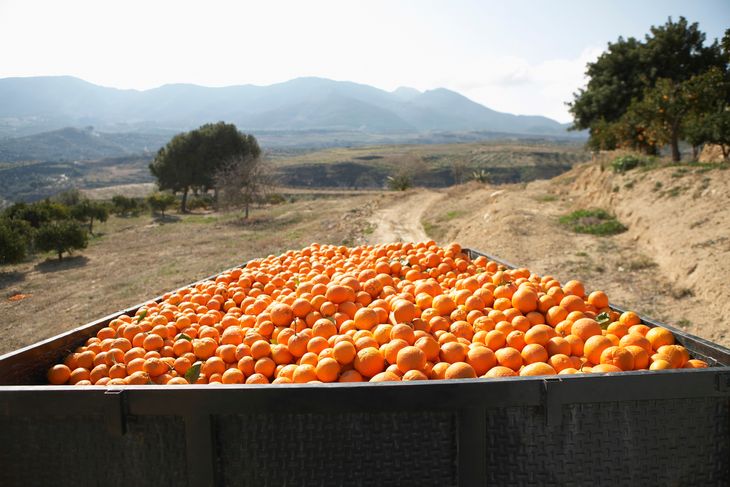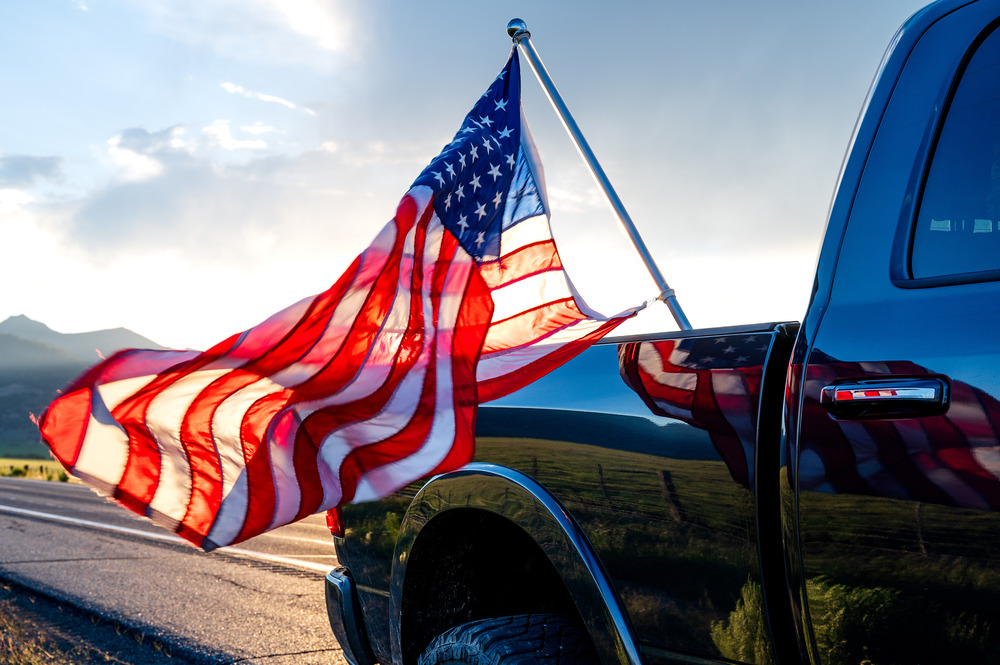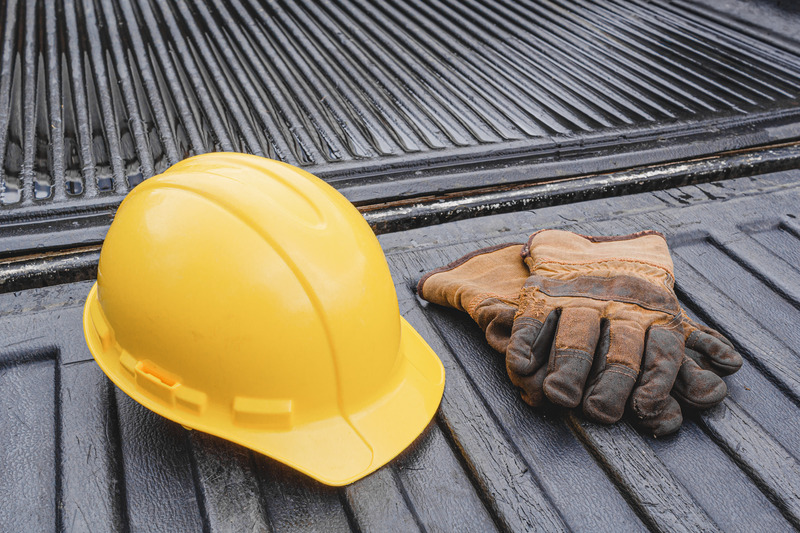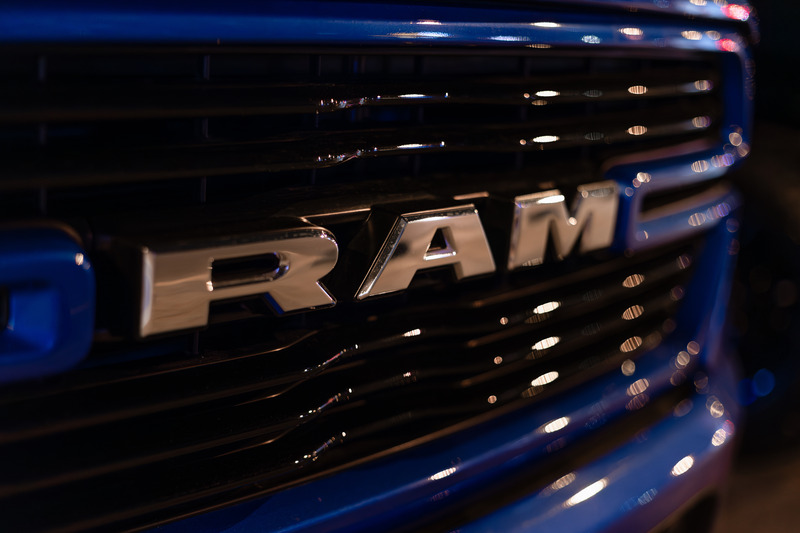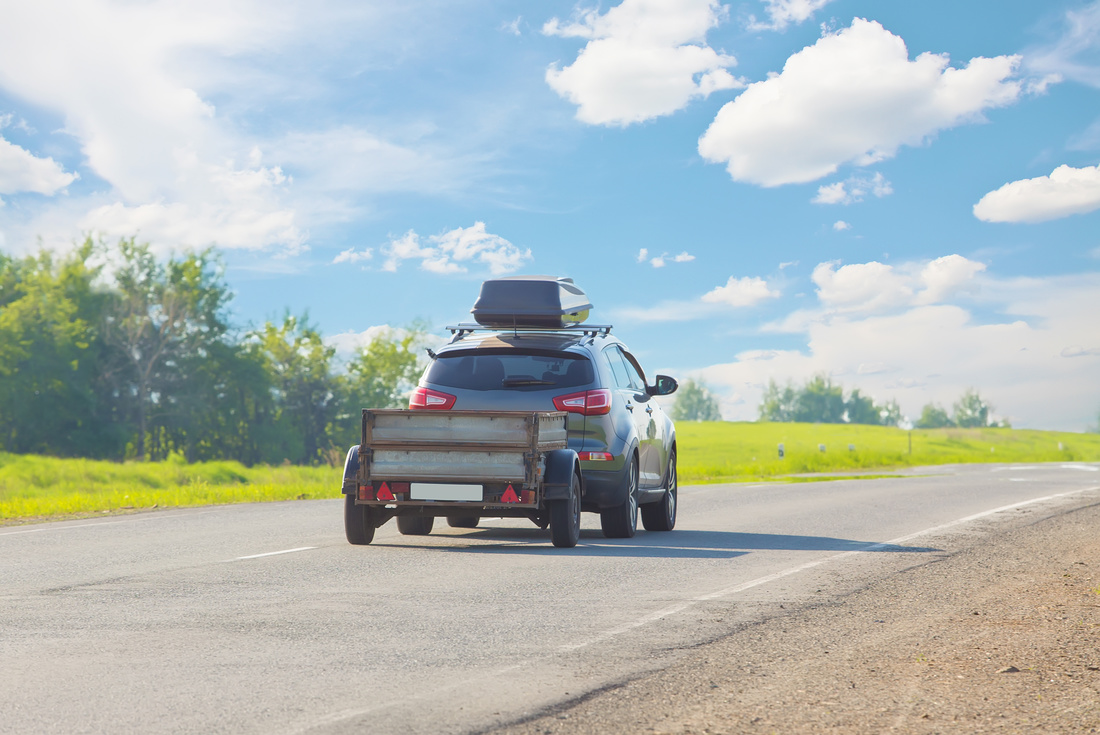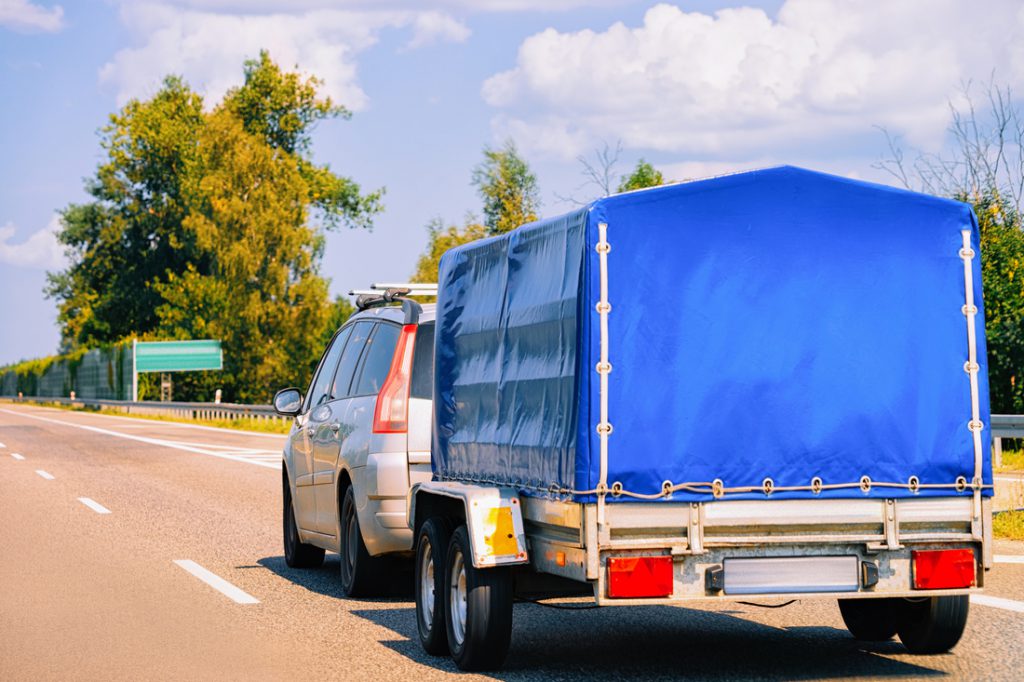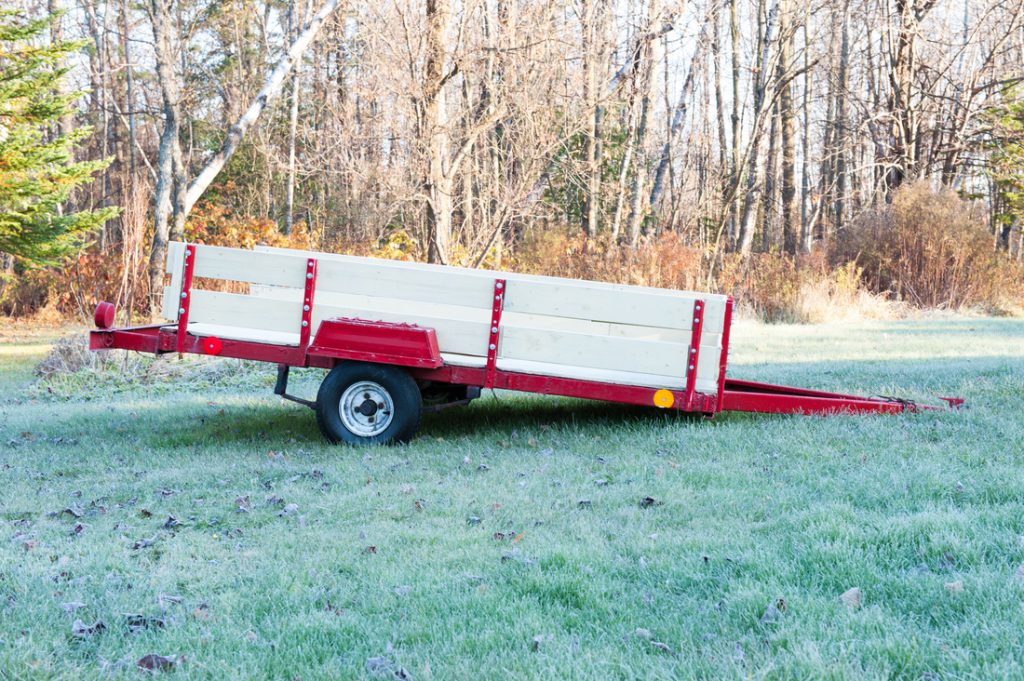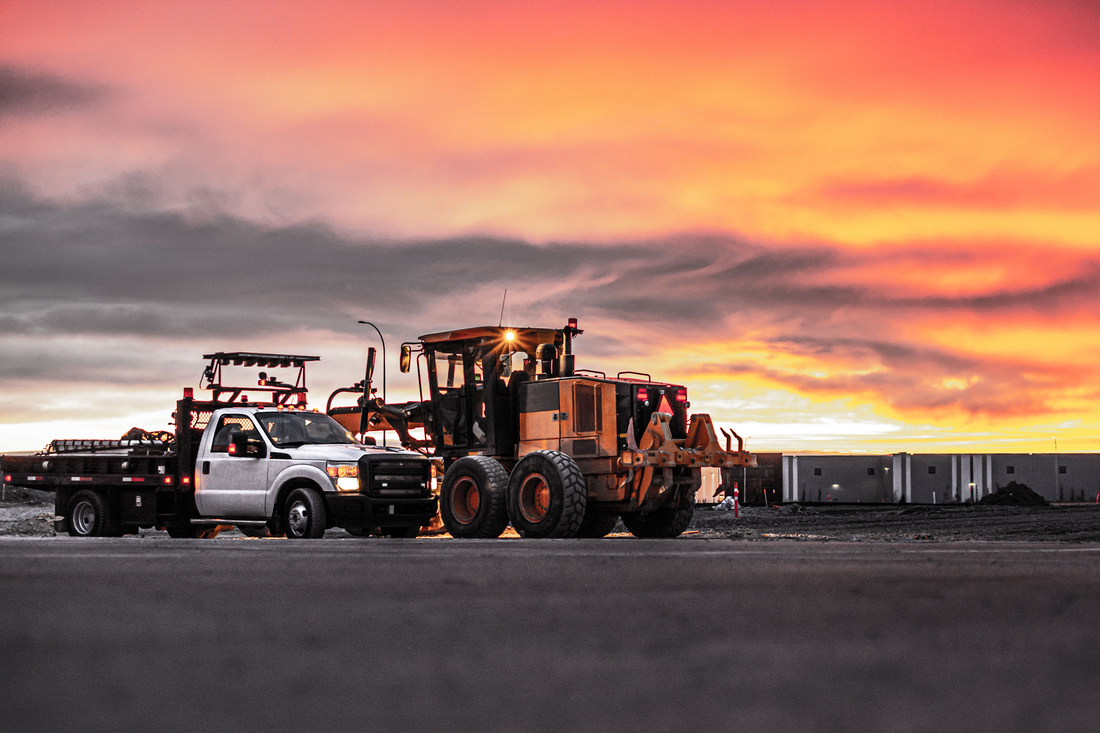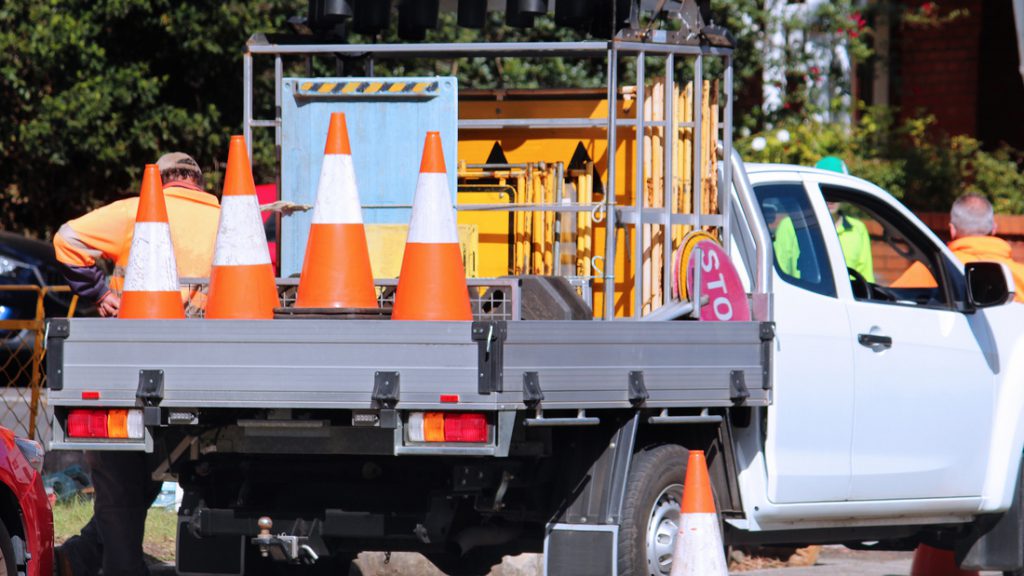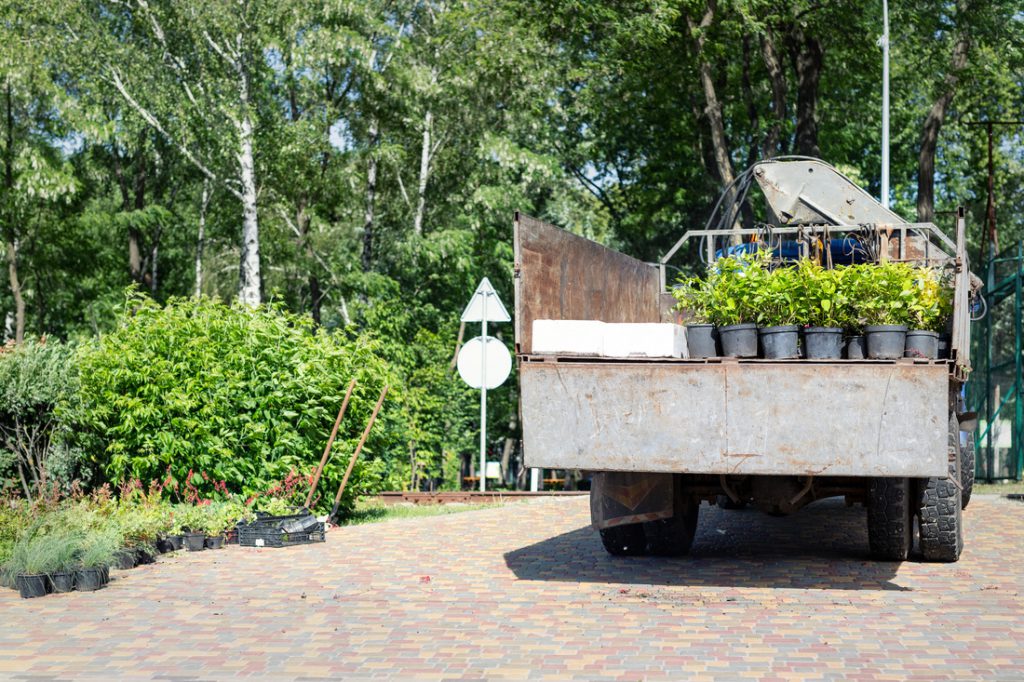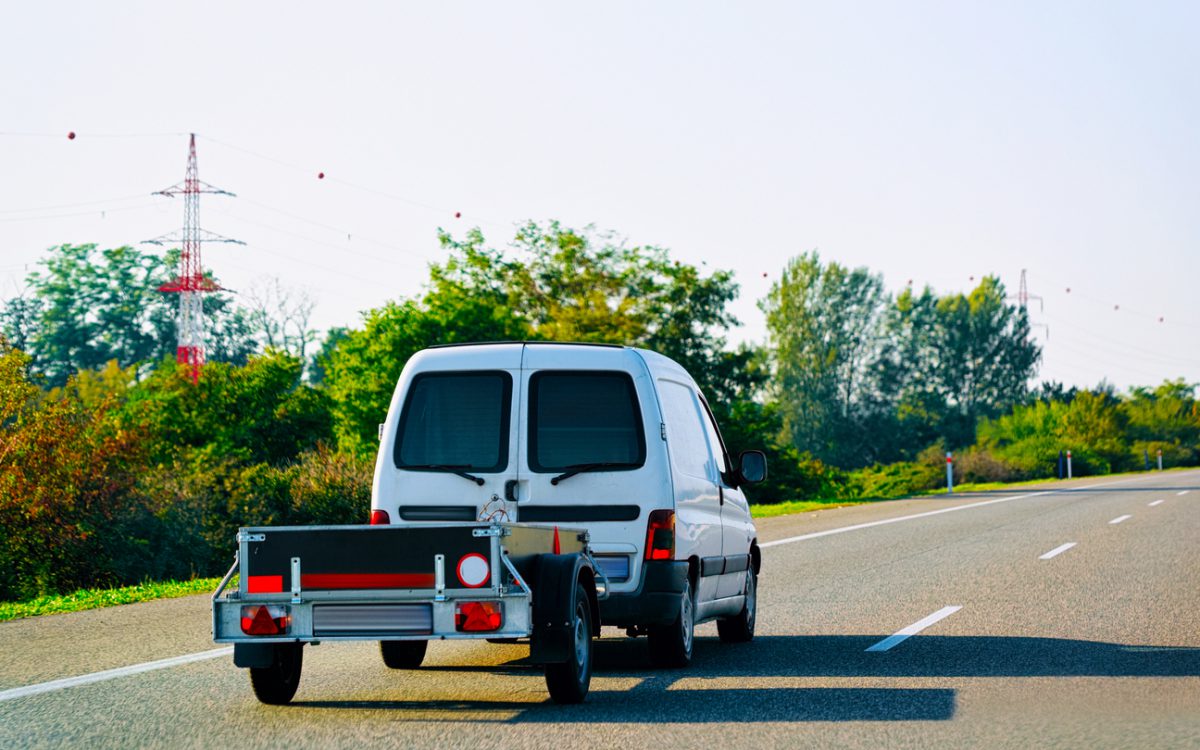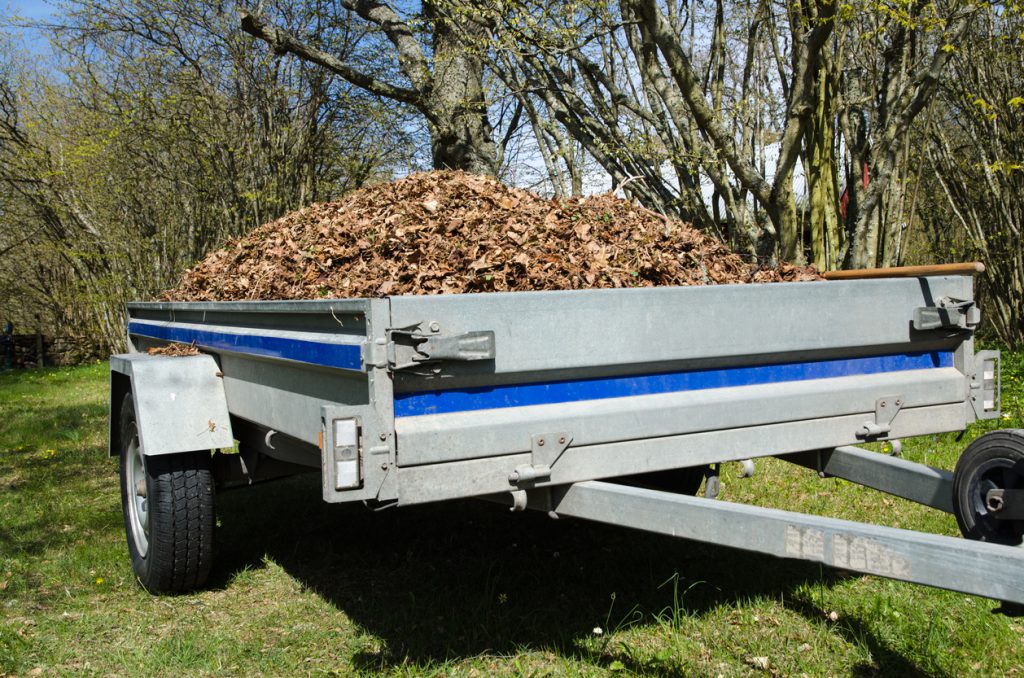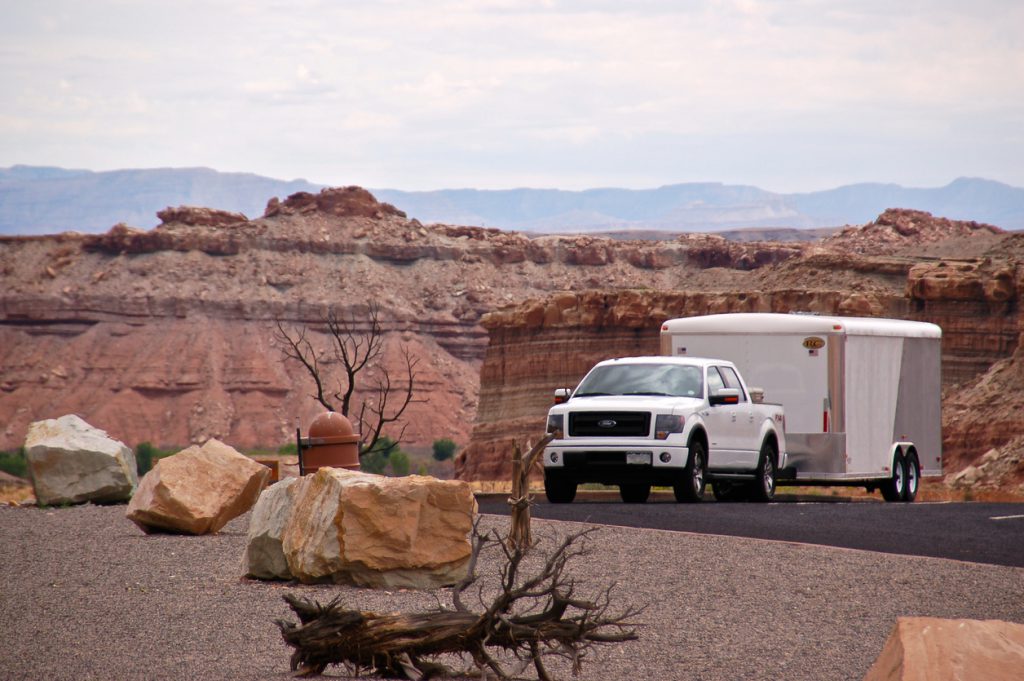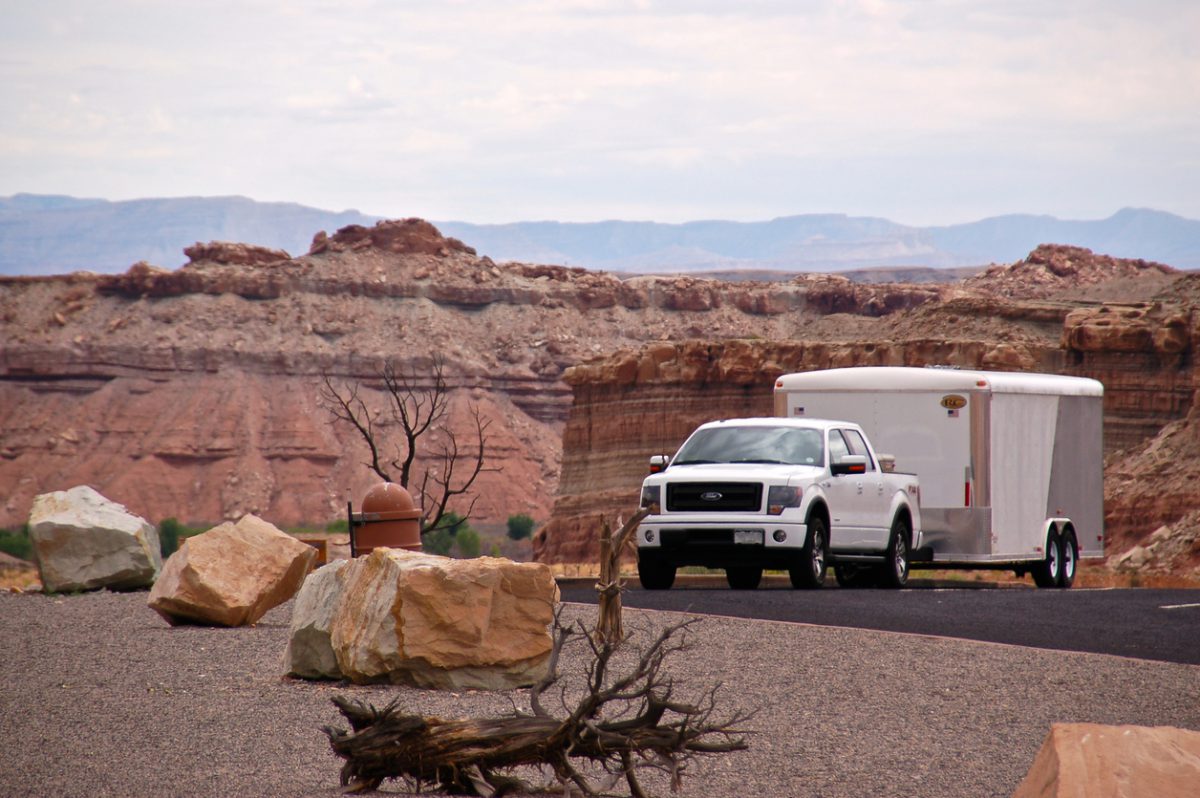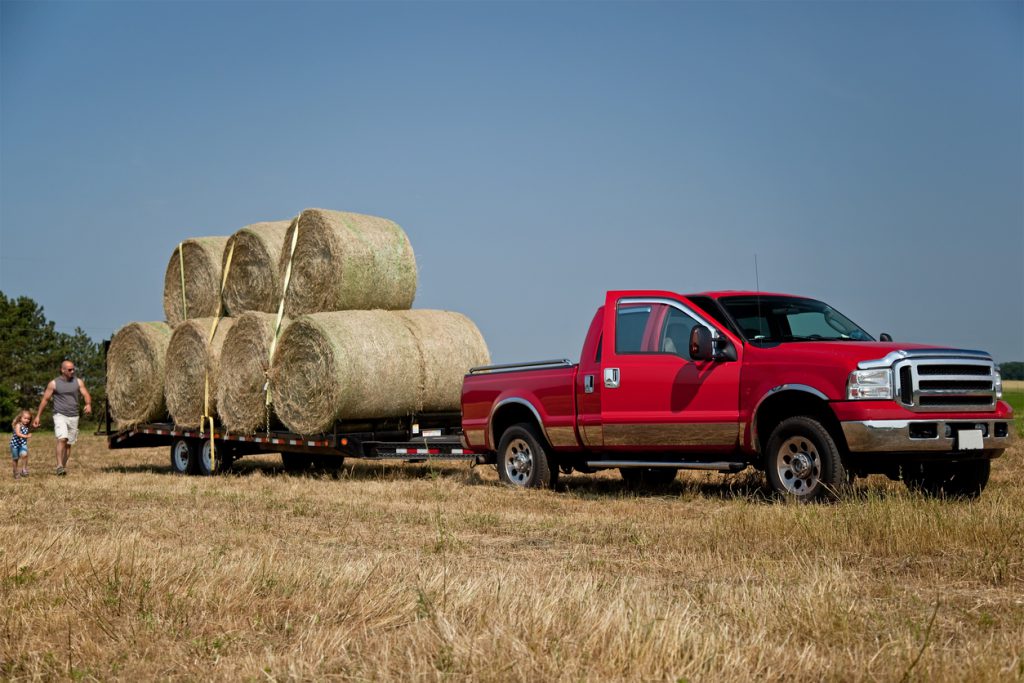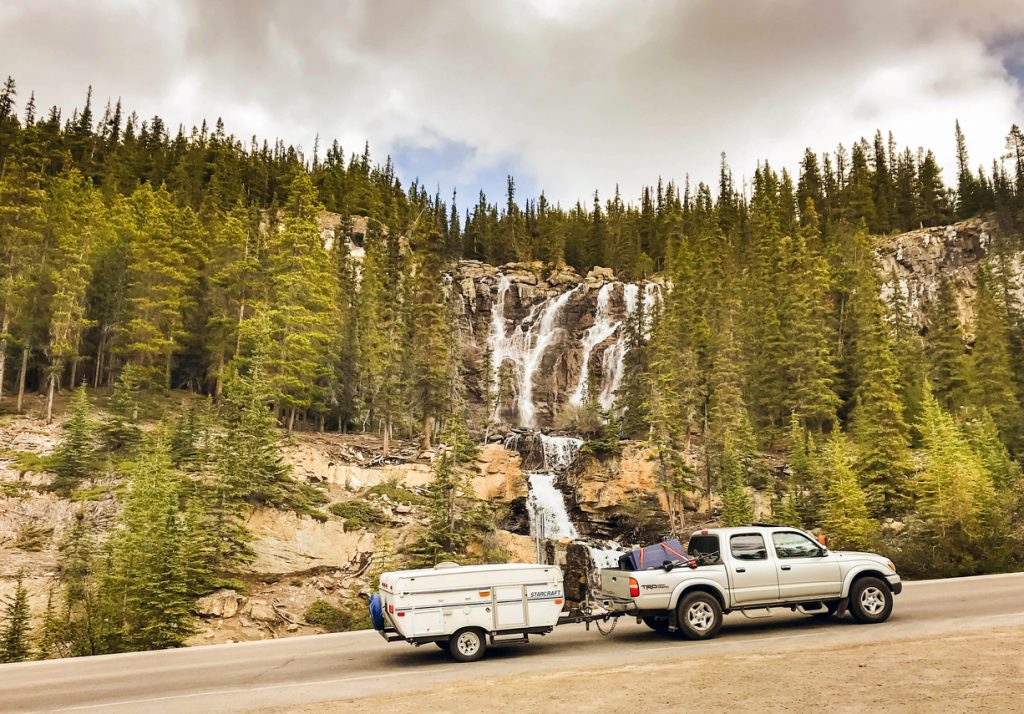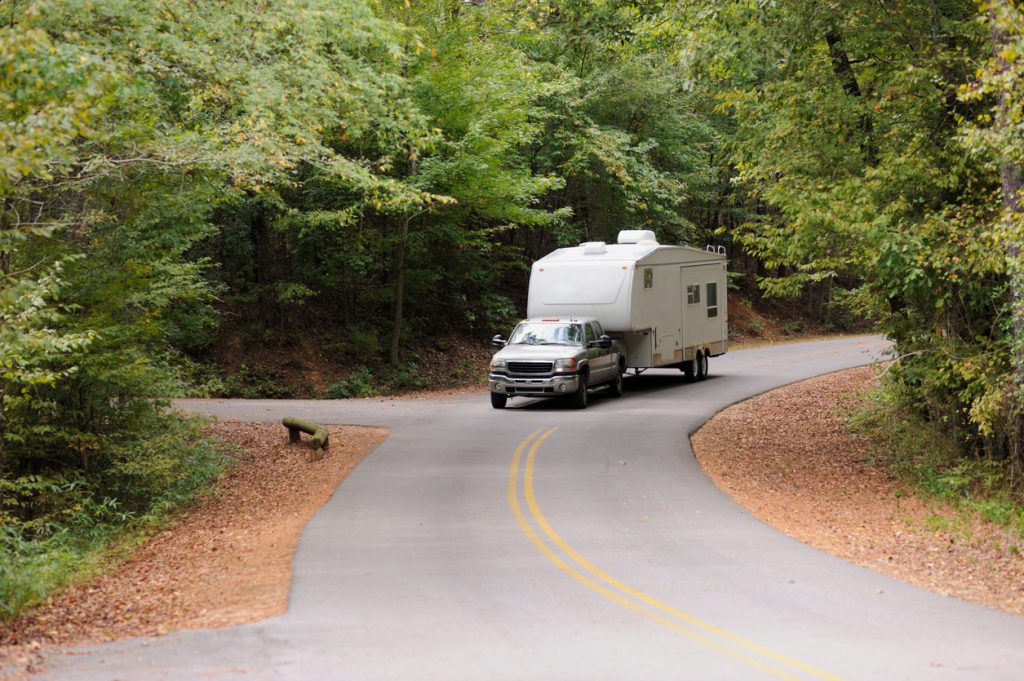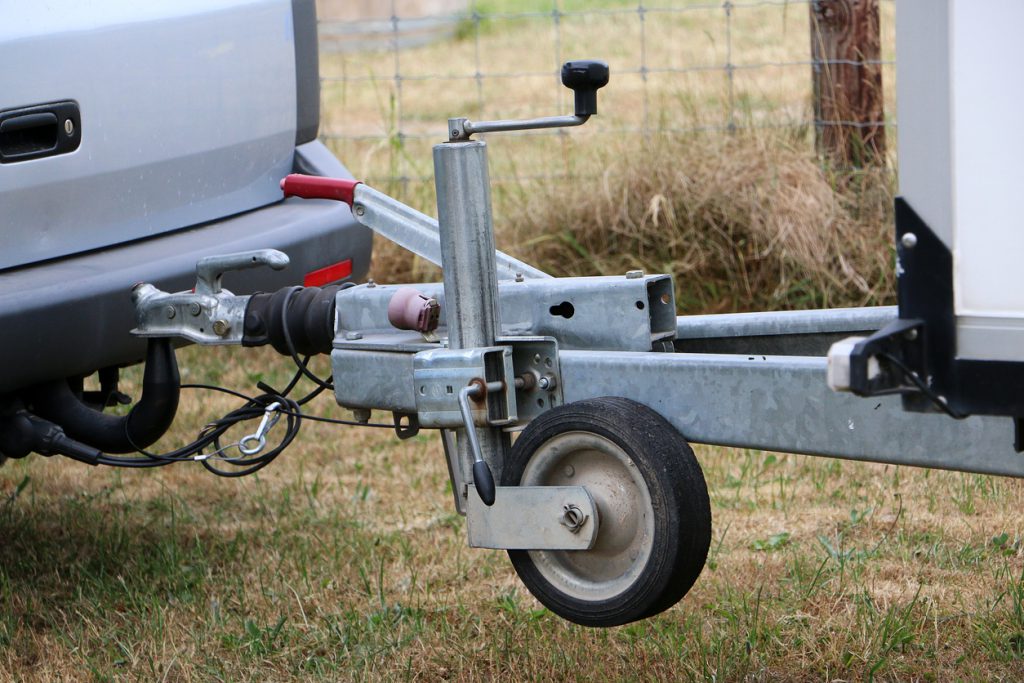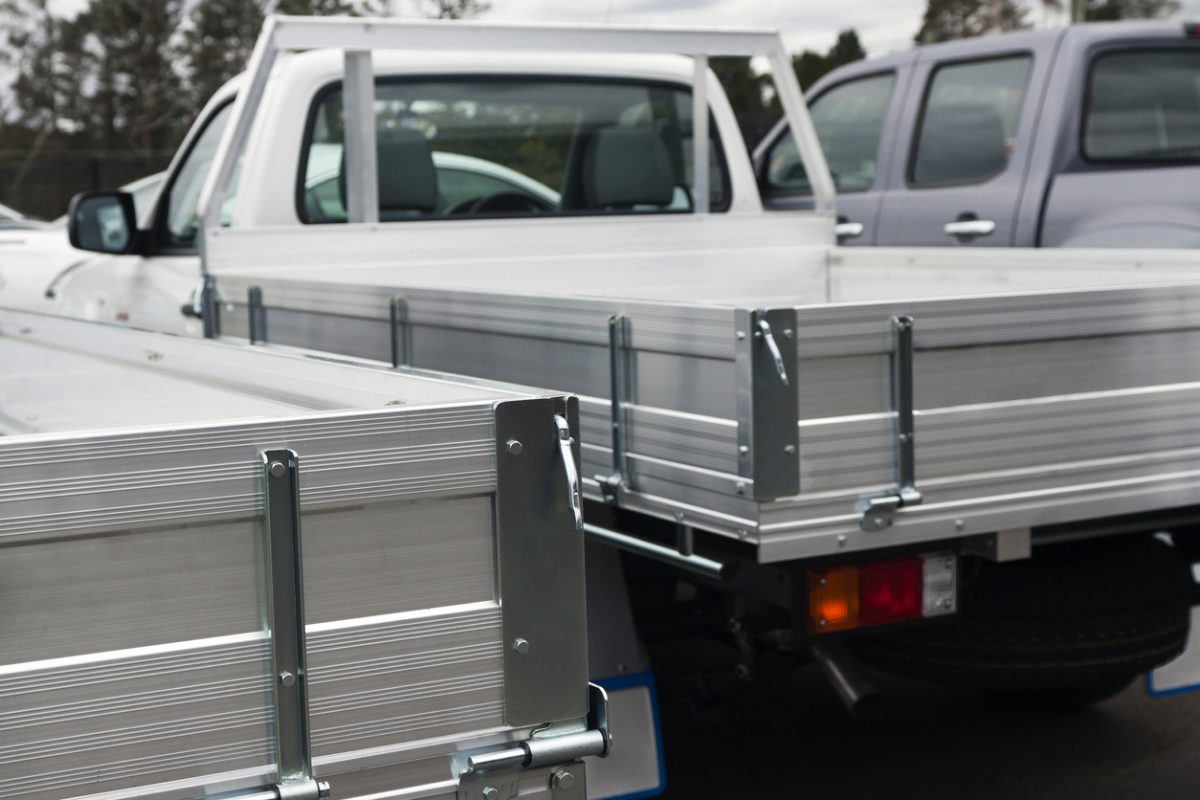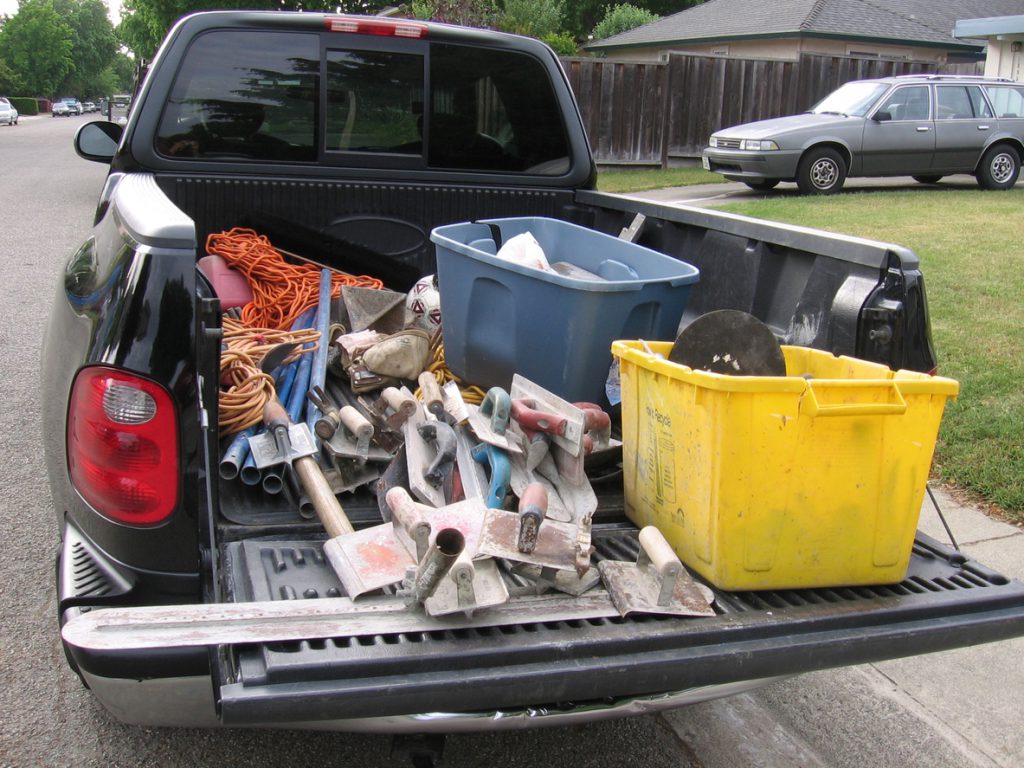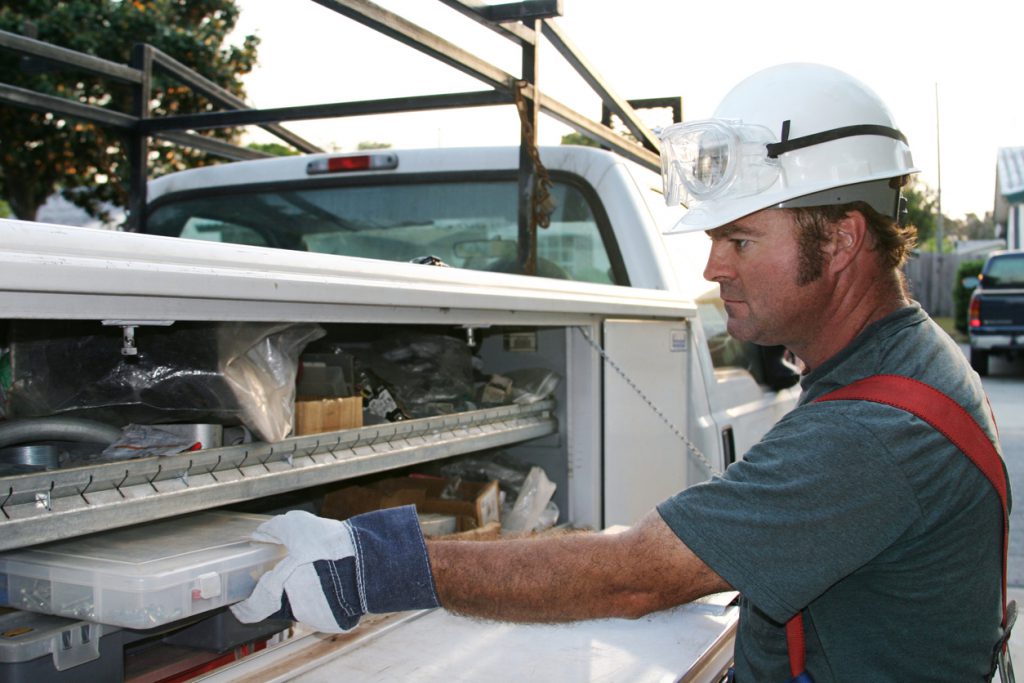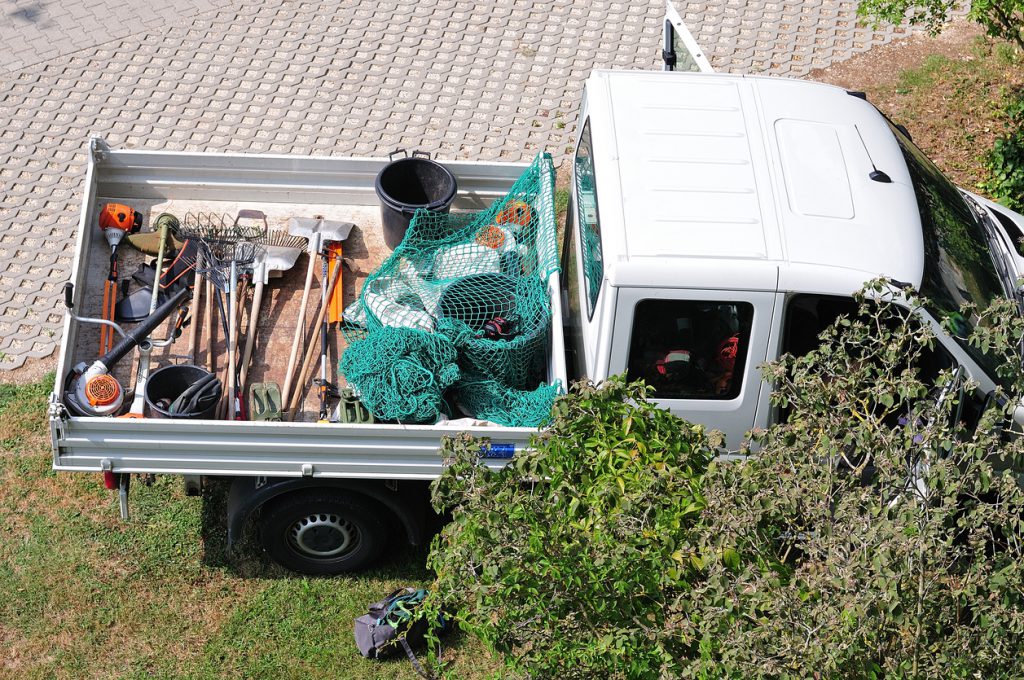Trailer Insurance for Commercial and Personal Use
We all know that we need auto insurance if we drive a car, however, is trailer insurance required if you pull a trailer behind your vehicle? The answer is typically no. It’s normally only required if you haul commercial semi-trailers across certain states. However, insurance for your trailer and valuable cargo is important to consider, especially if you are a business. Some personal auto insurance policies include certain trailers, but they can be very limited.
Why Trailer Insurance and What’s Covered
Although you may have a top-notch auto insurance policy, it doesn’t guarantee your trailer is fully covered, or covered at all. Some insurance companies will allow personal-use trailers to fall under personal auto policies. However, there may be strict rules to qualify. Additionally, the coverage may extend to liability only for the trailer itself. Liability only applies if you are at fault of an accident, and doesn’t cover the following situations:
- Weather Damage
- Cargo Losses
- Theft or Vandalism
To keep you, your cargo, attached equipment, and trailer completely covered, you will need to add a trailer insurance policy with a trusted insurance company.
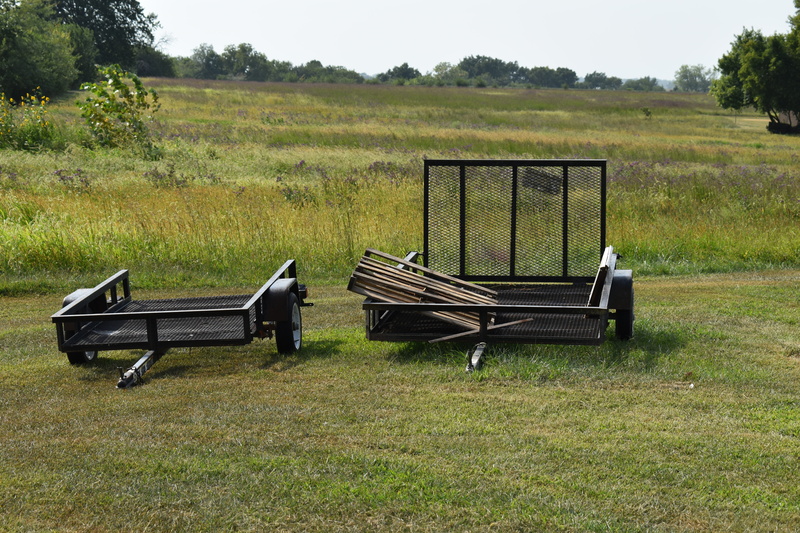
Personal Trailer Insurance
Your standard personal auto insurance policy may not cover your trailer or include options that are relevant to your specific needs. Comprehensive and collision coverage for your trailer is usually an extra cost and separate from your auto insurance.
Comprehensive Coverage: This is for non-collision related damages. This might include severe weather, fire, theft, vandalism, or animal damages. Things like a falling tree branch, hail, or vandalism would fall under a valid comprehensive claim.
Collision Coverage: This covers costs incurred from a collision with another vehicle or object when in motion. It would cover hitting another car or even a mailbox. It doesn’t include things like bodily injury, medical expenses, or dealing with uninsured drivers.
In addition to the above two options to add to your policy, you may also consider contents coverage which includes protection of personal items being transported in the trailer. Contents coverage is important if you carry valuable goods in your trailer or have attached equipment, like kitchen appliances for a concession trailer.
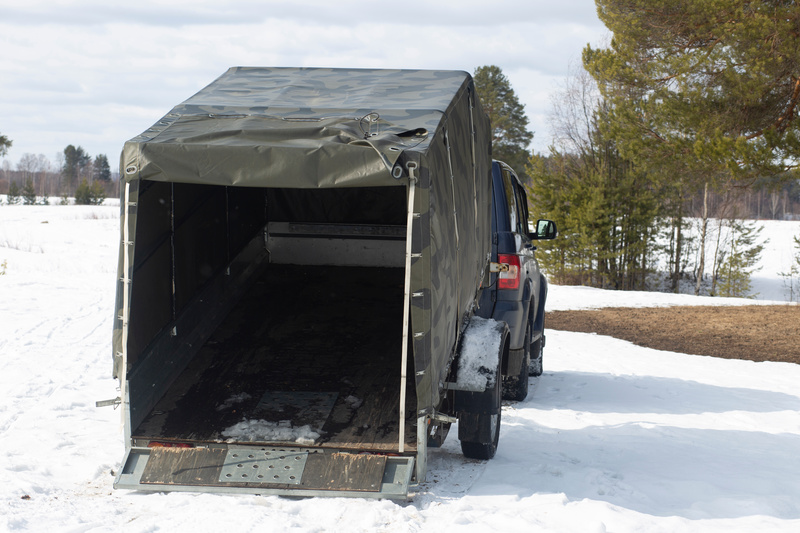
How Much Personal Trailer Insurance Costs
Now you know the basic insurance options to keep your trailer completely covered. The next question is how much this coverage costs. According to a survey from insuranks.com, the average utility trailer insurance policy is about $66.67 a month. However, insurance for a trailer can vary greatly by trailer type, size, and primary use. To get a quote specific to your trailer, here are some questions you’ll need to answer:
- What type of trailer do you have?
- What’s the Gross Vehicle Weight Rating (or GVWR) of the trailer?
- What’s the Manufacturers Suggested Retail Price (MSRP) of the trailer?
- What’s the primary use of the trailer?
- What’s the vehicle that primarily pulls the trailer?
- What equipment is attached to the trailer (if any) and how much is it worth?
Add Trailer Insurance to Commercial Auto Policies
Although trailers used for non-business purposes can be covered by a personal auto policy, trailers used for business purposes require a commercial auto insurance policy that includes trailer coverage. Trailer insurance is a necessity for businesses and some policies can even extend coverage to both the tow vehicle and the trailer.
The primary type of coverage on commercial insurance policies is liability and is required in most states for businesses. Not only do these policies cover damage and medical bills, but some also offer legal assistance when lawsuits occur after an incident.
The two types of physical damage covered for your insured vehicles:
- Collision loss: Damage from road accidents.
- Comprehensive loss: Theft, weather, and other non-collision damage.
It also includes two types of liability coverage (when you’re at fault):
- Bodily injury coverage: Accident-related injuries to others.
- Property damage coverage: Accident-related damage to someone else’s property, such as a car or house.
You may also want to consider cargo insurance to protect yourself against damaged goods in transit.
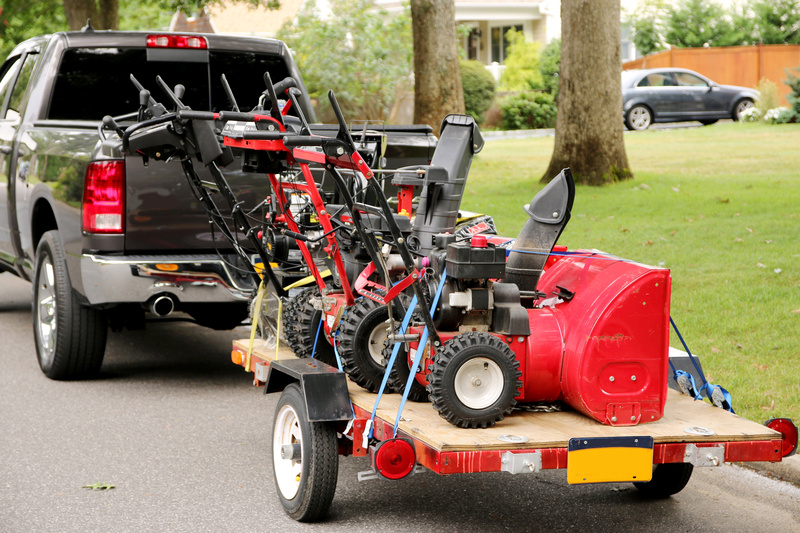
Determine Commercial Trailer Insurance Cost
Just like with personal insurance policies, commercial trailer insurance prices can be dependent on many things including:
- Trailer make and model
- Types of material carried by the trailer
- Trailer’s annual mileage
- Trailer travel routes
- Drivers’ ages and personal driving records
- Drivers’ license types
However, many insurance companies offer discounts based on these factors:
- Hiring drivers over 25 years old
- Hiring drivers with valid CDLs
- Insuring a trailer with a reliable make and model
- Driving in areas considered safe or with low crime rates
Should Trailers Be Insured?
As you can see, insurance for your trailer makes complete sense in certain situations and is required for businesses in many states. If you use your bumper pull or gooseneck trailer for personal use, you may still want to insure your trailer to guarantee protection from extreme weather, theft, or accidents. It’s always good to compare quotes from multiple providers and leave no question unanswered when talking to insurance agents. Owning a trailer is a big investment, so it is important you feel you’re getting what you pay for from your insurance. That way you won’t be disappointed if or when you need to file your claim.
If you are looking for new or used trailers for sale, let Country Blacksmith Trailers be your trailer dealer in Illinois! We have everything from truck flatbeds to trailers for work or recreation. With two trailer dealerships located in Carterville and Mount Vernon, Illinois, we have what you need for your trailer or service truck. Browse our hundreds of new and used trailers for sale from top brands like Aluma, Bradford Built, CM, Diamond C, FLOE International, PJ Trailers, Top Hat and more! Contact us today for more information on our trailers, including our Rent to Own trailers.
